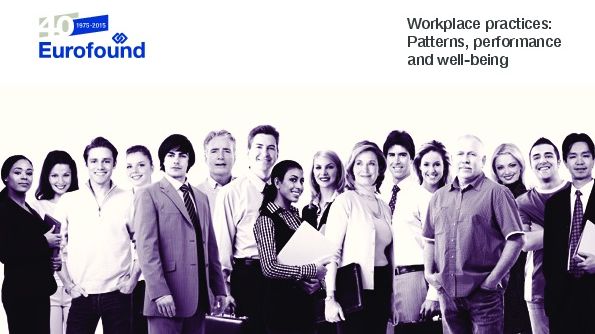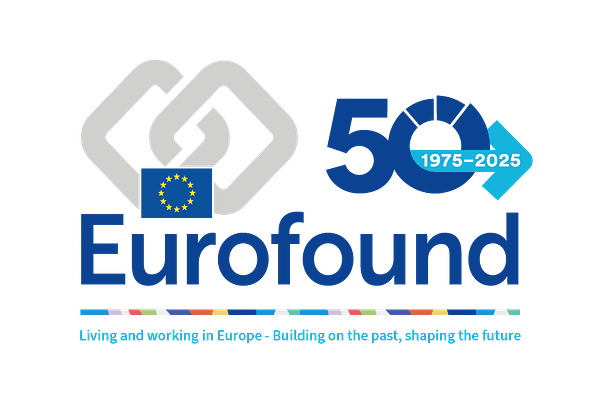
Press release -
New report confirms people-centred workplace practices crucial for recovering Europe’s competitivenes
(Dublin, Ireland) Establishments with more extensive practices for direct employee participation score better in terms of performance and well-being according to findings in the new report from Eurofound’s third European Company Survey launched at a joint EU Presidency conference in Riga today. The report also highlights that ‘win-win’ arrangements often include practices that draw on employees tacit knowledge but warns that these ‘win-win’ outcomes are not a given even when favourable practices are in place. The European Company Survey maps workplace practices in terms of work organisation, human resource management, direct participation and social dialogue.
Other results show that despite the crisis, most managers (84%) and employee representatives (67%) report a ‘good’ or ‘very good’ work climate, and the vast majority of establishments make available a variety of instruments to facilitate direct employee participation. Establishments that offer a broad range of variable pay schemes also perform better in terms of well-being and performance.
The survey found that more than half (56%) of employee representatives report they can use as much of their working time as is necessary to carry out their duties, 32% had received training and 37% have access to external advice.
The majority of establishments provide paid time off for training (71%) or on-the-job training (73%) for at least some of their employees. However, while the majority of establishments provide training for at least some of their employees, 13% of establishments do not provide any training at all. In this context, barriers to the provision of training by companies need to be addressed, paying attention to the ways in which workers learn and develop.
Social dialogue is functioning well in a large proportion of establishments, but there also is a sizeable group where a lack of resourcing and a lack of trust go hand-in-hand with a high likelihood of industrial action. The availability of resources for employee representatives varies greatly between countries.
‘Achieving ‘win-win’ outcomes is not guaranteed even when favourable practices are in place,’ says Juan Menéndez-Valdés, Eurofound’s Director. ‘Policymakers and the social partners have a role to play in fostering best practice, raising awareness and implementing initiatives at sectoral level.’
The 3rd European Company Survey was carried out at a time when Europe was only just starting to recover from the biggest crisis to hit the world since the Great Depression of the 1930s. For many companies, therefore, the crisis is likely to have had a major influence on the experiences which they report.
The focus of the report links to the EU’s Europe 2020 strategy – in particular, its flagship initiatives for the ‘innovation union’, ‘industrial policy for the globalisation era’, and ‘agenda for new skills and jobs’. If these are to succeed, what happens in European workplaces is crucial. Recently, the debate has centred on workplace innovation, which stresses the importance of tapping into the tacit knowledge of employees to achieve ‘win-win’ outcomes that simultaneously benefit both companies and employees.
Download the report here http://bit.ly/1CR7REE
For further information, contact:
Måns Mårtensson, Media Manager, on email: mma@eurofound.europa.eu, telephone: +353-1-204 3124, or mobile: +353-876-593 507.
James Higgins, Promotions Officer, Eurofound, on email: jhi@eurofound.europa.eu, or telephone: +353-1-204 3157.
Related links
Topics
The European Foundation for the Improvement of Living and Working conditions (Eurofound) is a tripartite European Union Agency, whose role is to provide knowledge in the area of social and work-related policies. Eurofound was established in 1975 by Council Regulation (EEC) No. 1365/75.
For more information about Eurofound and its work, and free access to all our data and findings, visit our website and follow us on these social media channels: Twitter, LinkedIn, Facebook, Google+, YouTube, or Flickr.


